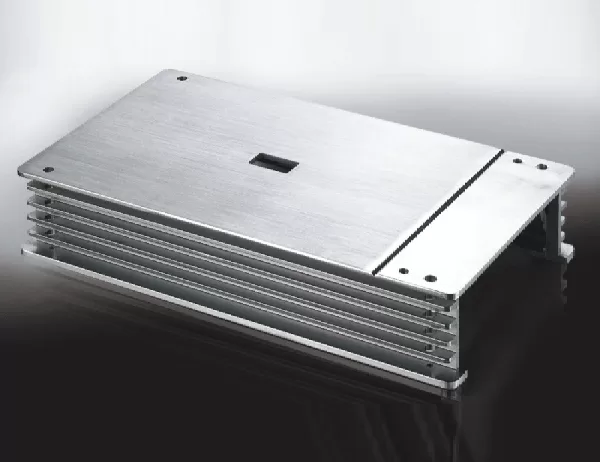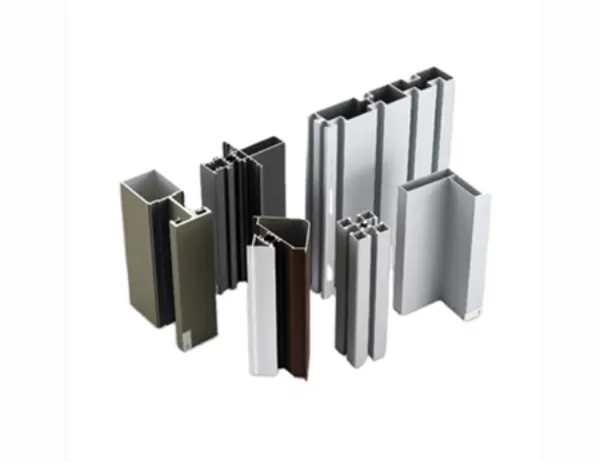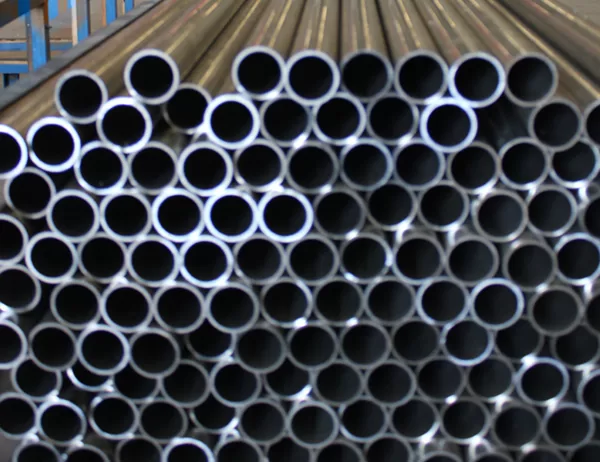In the realm of construction and fabrication, the choice of the right materials is paramount. Among the plethora of options available, 8mm aluminum sheets stand out as a versatile and high-performance solution, offering exceptional strength, lightweight, and durability. However, navigating the complexities of choosing the ideal sheet for your specific application requires a discerning eye.
Understanding Aluminum Alloys
The crux of selecting the right 8mm aluminum sheet lies in understanding the different alloys available. Each alloy possesses a unique combination of properties that dictate its suitability for various purposes. The most common alloys used in 8mm aluminum sheets are:
1050 Alloy: The purest form of aluminum, offering excellent formability and weldability.
3003 Alloy: A versatile alloy with corrosion resistance and moderate strength.
5052 Alloy: A high-strength alloy used in demanding applications, such as marine and aerospace.
6061 Alloy: A popular choice for structural components, with good strength and corrosion resistance.
Assessing Your Needs
Before selecting an 8mm aluminum sheet, it’s essential to consider the specific requirements of your application. Key factors to evaluate include:
Strength: The intended load-bearing capacity and operating conditions will determine the required strength of the sheet.
Corrosion Resistance: The environment in which the sheet will be used should be considered to ensure adequate protection against corrosion.
Formability: The need for bending or shaping the sheet requires considering its formability, which varies depending on the alloy.
Surface Finish: The surface finish, such as brushed or mill finish, impacts both aesthetics and functionality.
Optimizing Your Selection
With a clear understanding of your needs, the next step is to carefully compare the available 8mm aluminum sheets. Consider the following guidelines:
Alloy Selection: Choose an alloy that aligns with your application’s strength, corrosion resistance, and formability requirements.
Thickness: Determine the appropriate thickness based on the load-bearing requirements and the specific application.
Surface Finish: Select a surface finish that enhances the desired aesthetic or functional characteristics.
Quality Certification: Ensure the sheet meets industry standards and specifications.
Choosing the right 8mm aluminum sheet for your specific use requires a meticulous approach. By understanding the different alloys available, assessing your needs, and carefully comparing the options, you can confidently select a sheet that optimizes performance, durability, and cost-effectiveness. Remember, the right choice will lay the foundation for a project’s success, ensuring both safety and the longevity of your fabrication.




